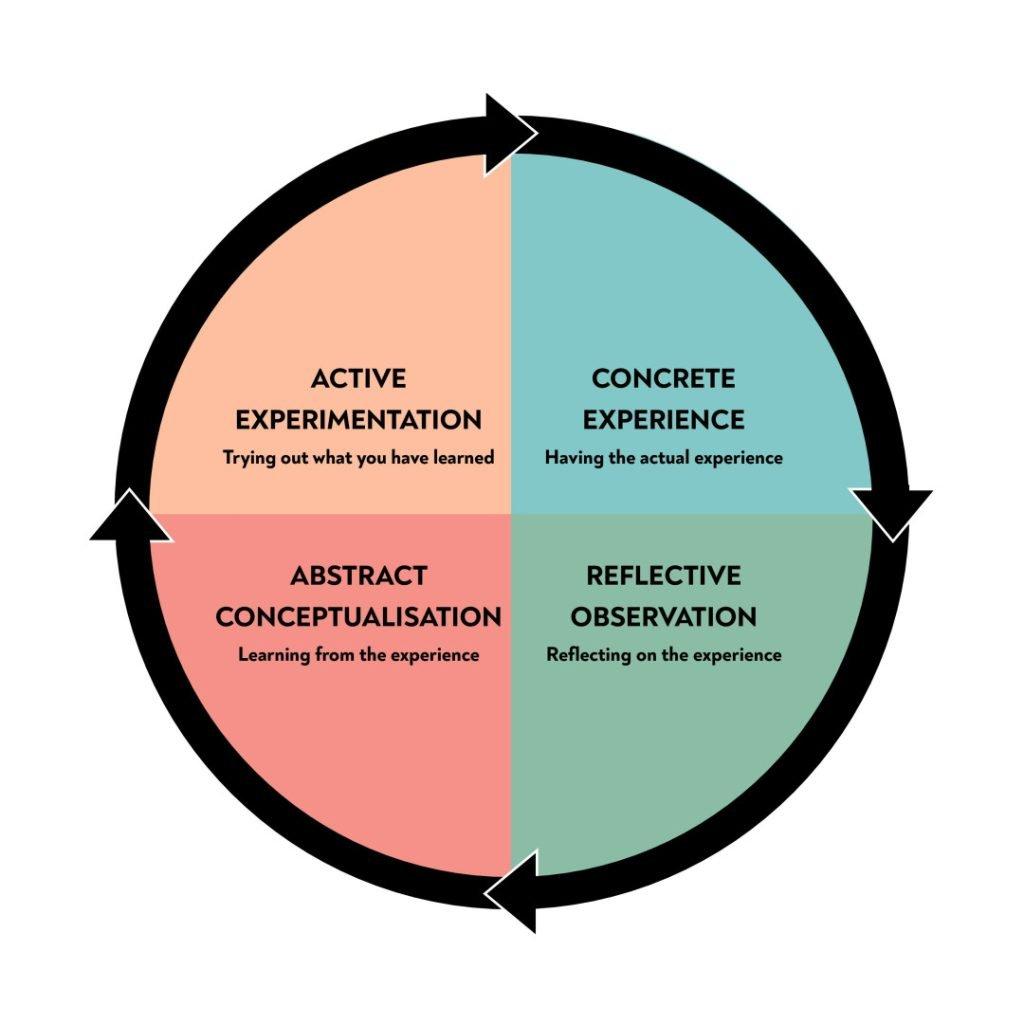Does Ramkalawan’s Electoral Loss Signal a New Chapter for Democracy in Seychelles?
The unexpected defeat of President Wavel Ramkalawan in the latest Seychelles election has ignited widespread debate about the evolution of democracy within this island nation. Beyond a mere change in leadership, this political shift prompts critical reflection on how democratic institutions and civic participation are developing. Analysts and citizens alike are examining what this outcome reveals about the country’s political maturity, especially as fresh voices emerge alongside established powers. This article delves into the underlying causes behind Ramkalawan’s loss and explores its broader implications for Seychelles’ democratic trajectory.
Political Stability and Democratic Growth: Interpreting Ramkalawan’s Defeat
President Ramkalawan’s recent electoral setback opens up important discussions regarding Seychelles’ political stability moving forward. The results suggest that voters are increasingly eager for transformation, signaling shifts within the nation’s governance framework. Key consequences stemming from this development include:
- Heightened Government Accountability: Leadership changes often compel administrations to be more responsive to public demands, fostering transparency.
- Diversification of Political Representation: The election outcome may pave the way for broader inclusion of varied political perspectives, enriching democratic discourse.
- Enhanced Civic Participation: Notably increased voter turnout reflects growing citizen involvement-a promising indicator of democratic deepening.
Despite these positive signs, several challenges could affect stability during this transitional phase:
- Rising Political Divisions: A polarized electorate risks intensifying factional disputes that could hinder effective governance.
- Sustaining Policy Consistency: The incoming government faces pressure to balance innovation with continuity to meet public expectations without destabilizing progress.
- Navigating Economic Pressures: With global economic uncertainties impacting small island states like Seychelles-where tourism accounts for over 25% of GDP-the new administration must carefully manage fiscal policies to maintain confidence.
| Main Factor | Potential Impact |
|---|---|
| Civic Engagement Levels | Towards more participatory governance structures |
| Sociopolitical Polarization | Presents risks of governmental gridlock or unrest |
| Economic Environment | Affects public trust and policy effectiveness |
Opposition Dynamics: A Catalyst for Democratic Vitality in Seychelles
Ramkalawan’s electoral defeat also shines a spotlight on the crucial role played by opposition parties in nurturing democracy. A vibrant opposition is fundamental-it acts as a watchdog against unchecked power while energizing political competition. In recent years, Seychellois opposition groups have demonstrated adaptability by engaging diverse demographics and championing issues resonant with everyday citizens.
Several aspects underscore how opposition strength contributes positively to democratic health:
- Diverse Political Competition: Robust opposition offers voters meaningful alternatives, enhancing electoral choice.
- Civic Mobilization: Opposition activism encourages greater voter turnout and community involvement beyond elections.
- Bureaucratic Oversight & Balance: By scrutinizing government actions closely, oppositional forces help prevent corruption or authoritarian tendencies.
To contextualize these developments historically:
| Year | Significant Event | Democratic Impact |
|---|---|---|
| 1977 | Establishment of one-party rule | Suppression curtailed pluralism; democracy stalled |
| The electoral defeat of President Ramkalawan | A resurgence in oppositional influence promoting accountability |
Recent shifts emphasize how an empowered opposition strengthens not only institutional checks but also citizen engagement-both vital ingredients for sustainable democracy.
Recommendations to Enhance Electoral Integrity and Civic Involvement in Seychelles
For Seychelles’ democracy to flourish further, targeted reforms aimed at improving election transparency alongside boosting civic participation are essential:
- < strong style = "font-weight:bold;" data - token - index = "0" data - token - type = "word" data - token - value = "Enhance Voter Education:" /> Implement nationwide programs educating citizens on voting rights, procedures,and significance – empowering informed decision-making.
li > - Adopt modernized voting technologies such as secure electronic systems designed specifically for small island contexts – reducing fraud risk while expediting results.
li > - Strengthen independent oversight bodies through clearer mandates coupled with increased funding – ensuring impartial monitoring throughout all stages.
li > - Enforce stricter regulations governing campaign financing – promoting transparency among parties which builds public trust.
li > ul >Equally important is cultivating active citizenship through initiatives like:
- Create forums encouraging open dialogue between communities and policymakers – fostering inclusive decision-making processes.
li > - li >
- li >
- li > ul >
Looking Ahead: What Ramkalawan’s Defeat Means For Democracy In Seychelles
The recent presidential loss experienced by Wavel Ramkalawan marks a pivotal moment reflecting both challenges and opportunities within Seychellois democracy. It underscores an electorate increasingly conscious about holding leaders accountable while demanding transparent governance practices. As institutions continue evolving amid shifting political tides-and economic pressures intensified by global trends-the resilience shown by both ruling parties and robust oppositions will shape future trajectories.
Observers should watch closely how new leadership addresses calls for reform while maintaining social cohesion amid diverse viewpoints. Ultimately,Seychelles stands at an inflection point where strengthened democratic norms can take root if inclusive dialogue persists alongside institutional reforms-signaling hopeful prospects toward deeper participatory governance across its vibrant archipelago society.
- Create forums encouraging open dialogue between communities and policymakers – fostering inclusive decision-making processes.

